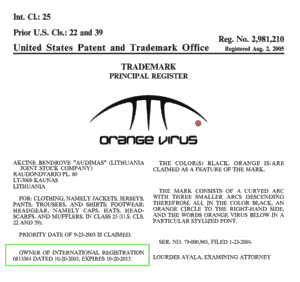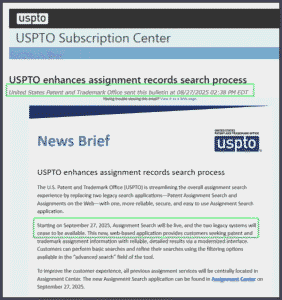From time to time I will become aware for the first time of some element of popular culture that most other people already know about. Today’s example is a term for a kind or category of song, namely the “I Want” song. There is a particular song that is very popular right now, all around the world, and it turns out that this particular song falls into the (apparently well-known) category of “I Want” songs. Today is when I learned that there is this category of song.
What is the definition of an “I Want” song? What is this particular song that is right now very popular all around the world that falls into the category of being an “I Want” song? Continue reading “What is an “I Want” song?”


